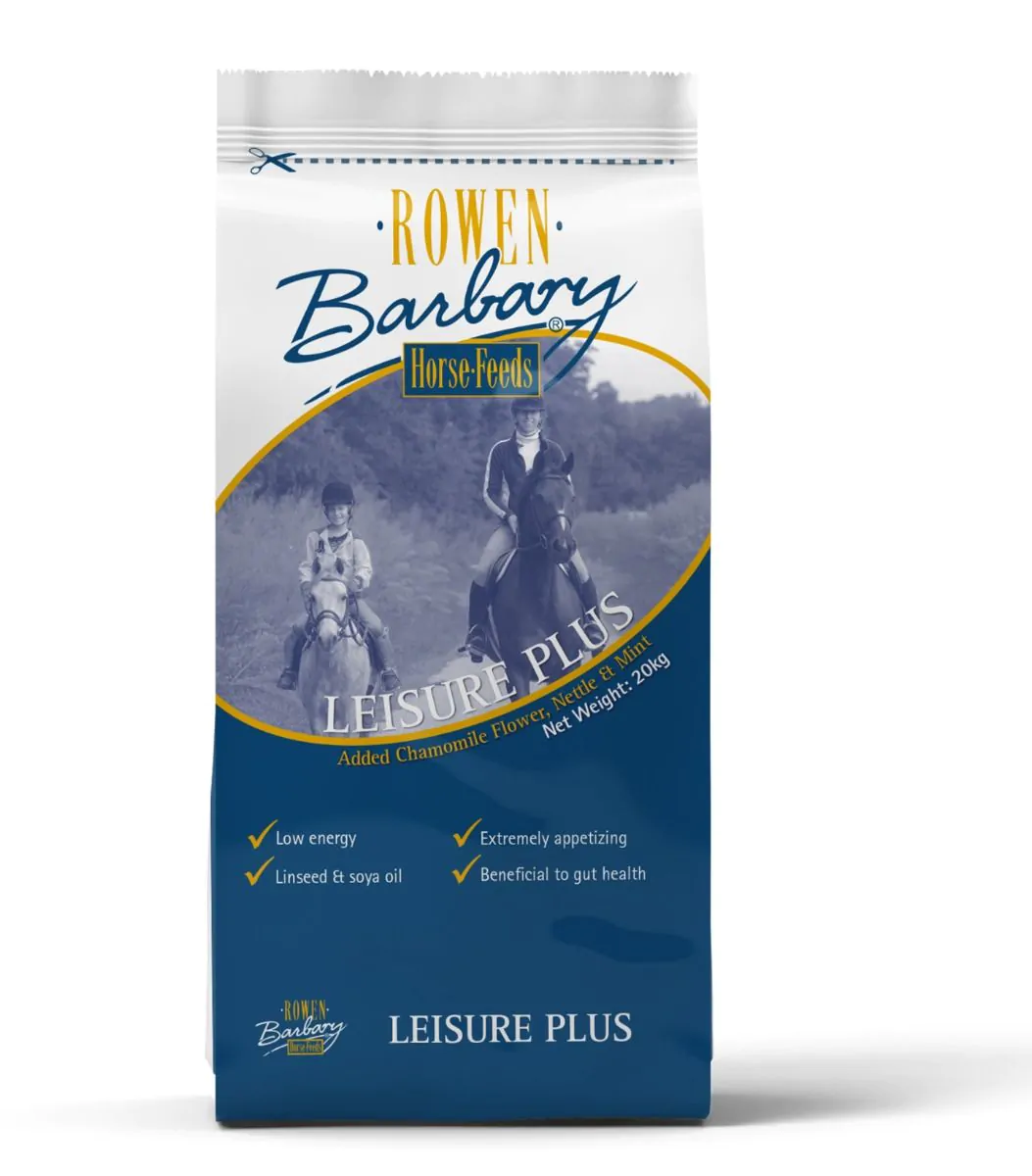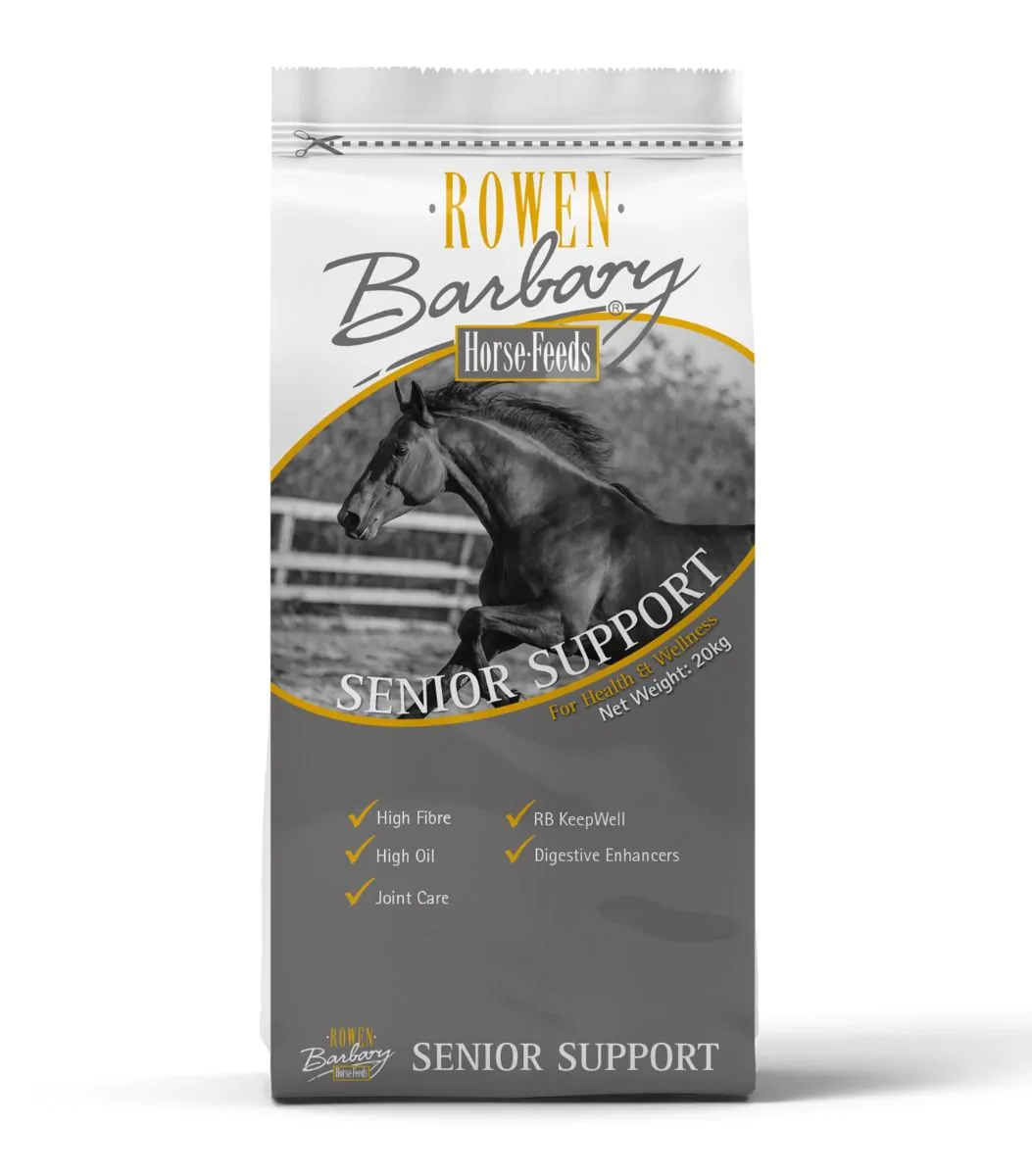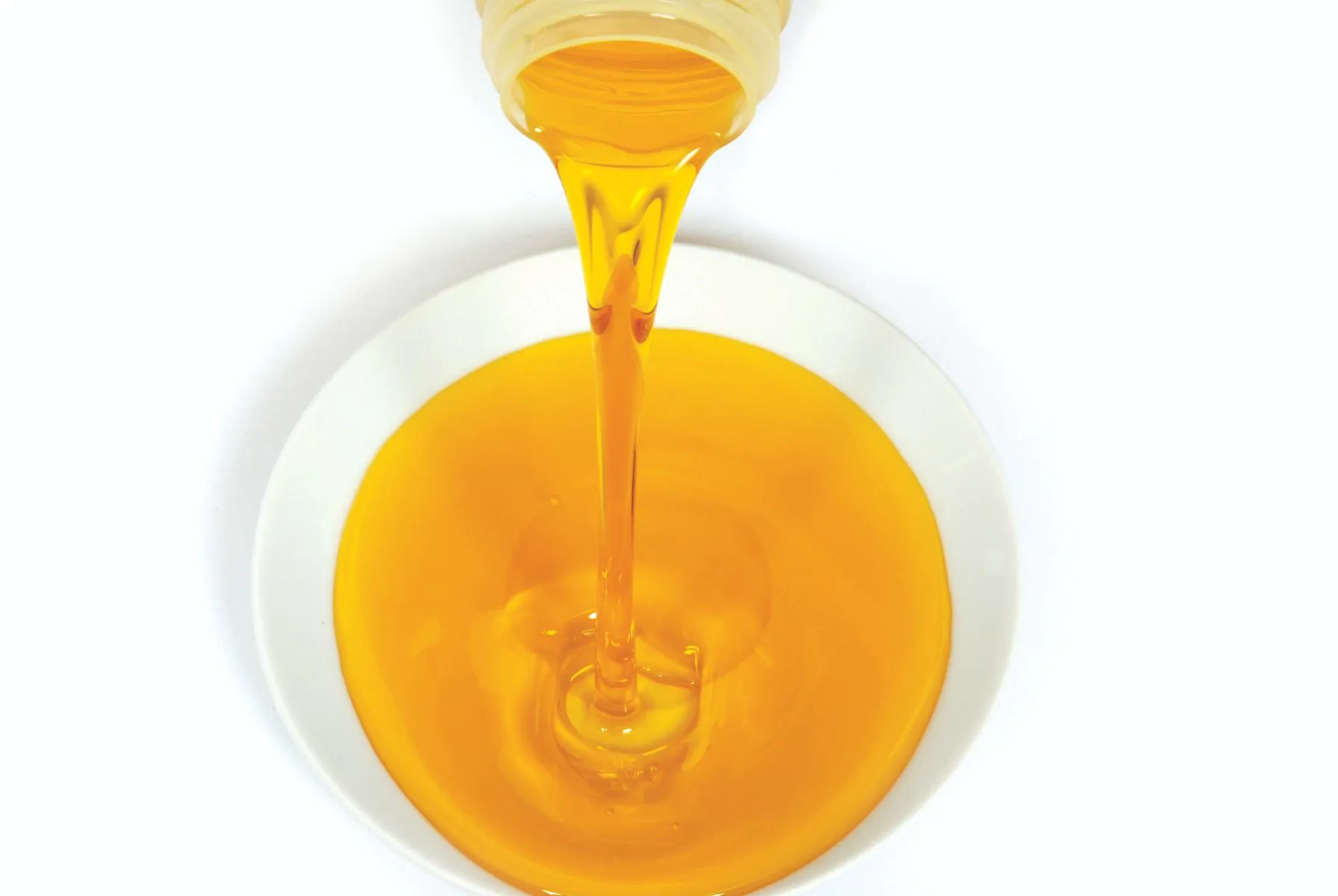- 27th August 2019 by Rowen Barbary
Maintaining Condition Over Winter
Many horses are stabled for longer periods of time over winter to help prevent excessive poaching and health problems such as mud fever during wet weather conditions, so management and feeding regimes have to be adapted.
Horses have evolved to be trickle feeders so it is important that when your horse is stabled at night he has access to plenty of fibre. There are many options available to you to help increase the fibre content of the horses diet when grass is limited including hay, haylage, chaffs and high fibre feeds. This will help satisfy the horse’s psychological need to chew and in doing so will also help keep the digestive system healthy.
Keep in mind that older horses with poor dentition will struggle to chew and digest fibre from hay or haylage efficiently so in this case a forage replacer should be used.
As temperature drops maintenance energy requirements increase, increasing even further in the presence of wind and even more so in both wet and windy weather. As a general rule for every ten degrees below freezing you can increase the horses fibre ration by another 10 percent.
If you have a good doer you may use this to your advantage. Try not to over rug and instead use the winter months as a way to help shift a few extra pounds. It is natural for horses and ponies to drop weight in the winter and put on condition in the spring which will help reduce the risk of laminitis in the long run. The majority of horses and ponies who maintain their weight reasonable well and still have enough energy for work can be fed a low calorie, high fibre feed at the recommended levels or alternatively a broad spectrum vitamin and mineral supplement or balancer.
Horses in hard work or poor doers will often require careful management to ensure condition is maintained. For these types fibre alone is usually insufficient to supply the energy demands, so you may consider adding a higher calorie conditioning feed to the diet that will help supply the horse with the extra nutrients required. Oils or fat supplemented diets are an excellent way of providing the horse with the additional calories required for improving and maintaining condition, and will also provide over twice the energy as the same amount of cereals.

About Rowen Barbary
All manufacturing at Rowen Barbary is carried out in a state of the art mill located in the heart of the Shropshire countryside. We use only the highest quality ingredients sourced, where possible, from local farms before they are blended by our dedicated team in our UFAS audited mill.
Rowen Barbary also conforms to BETA NOPS guidelines with raw materials & finished feeds regularly laboratory tested to ensure that every bag of feed continues to meet not only ours, but also your high standards.
We Recommend...




